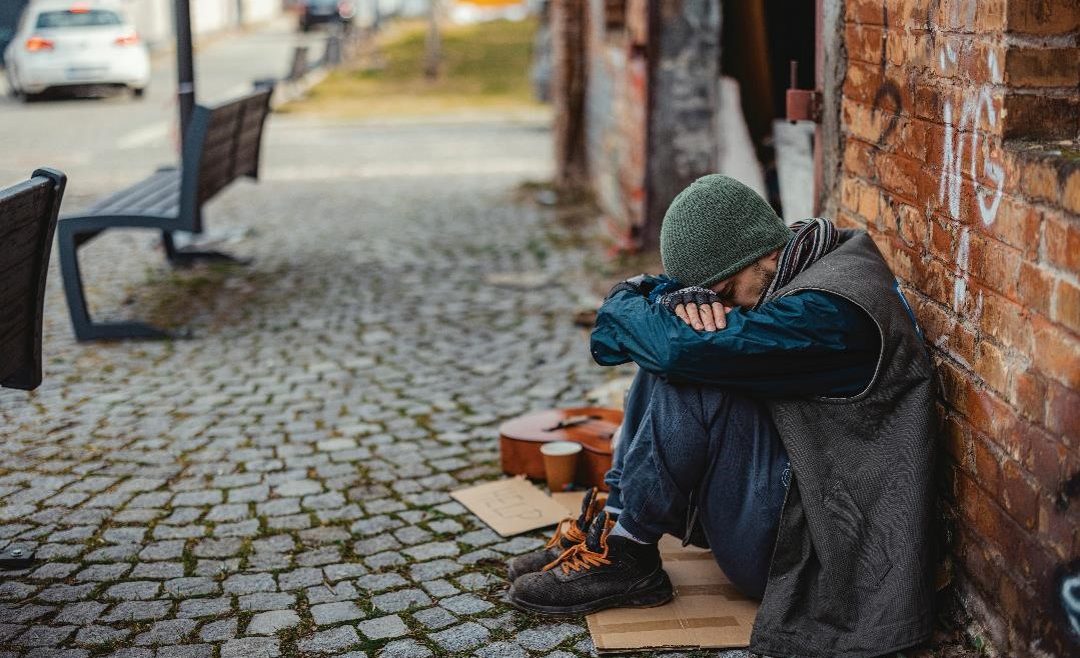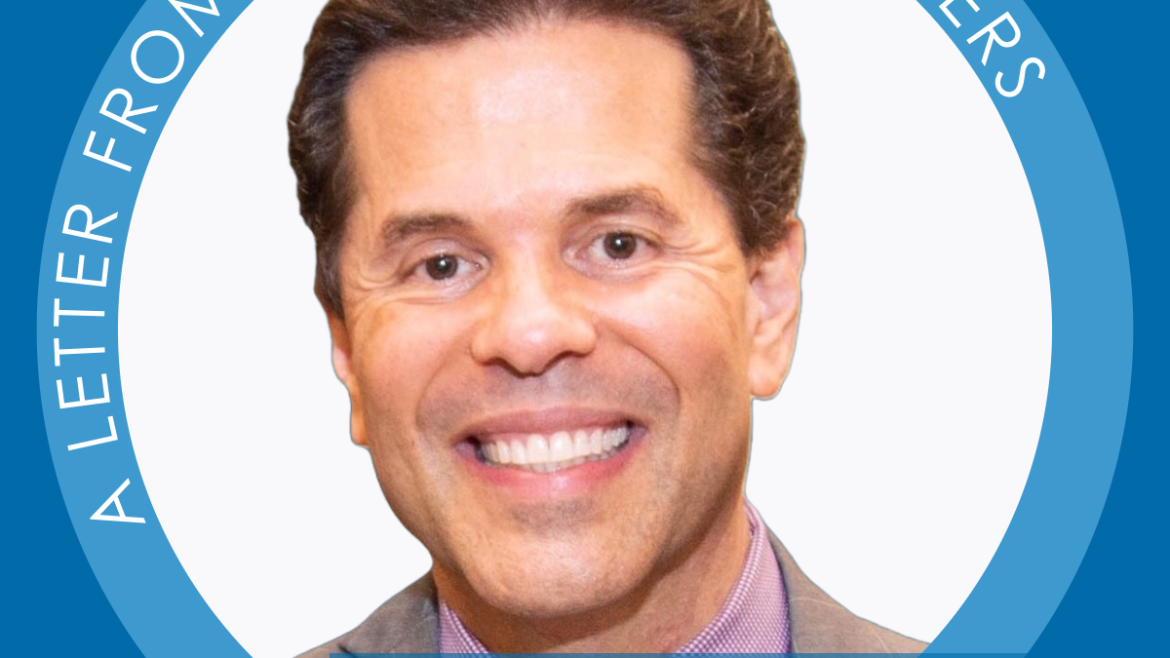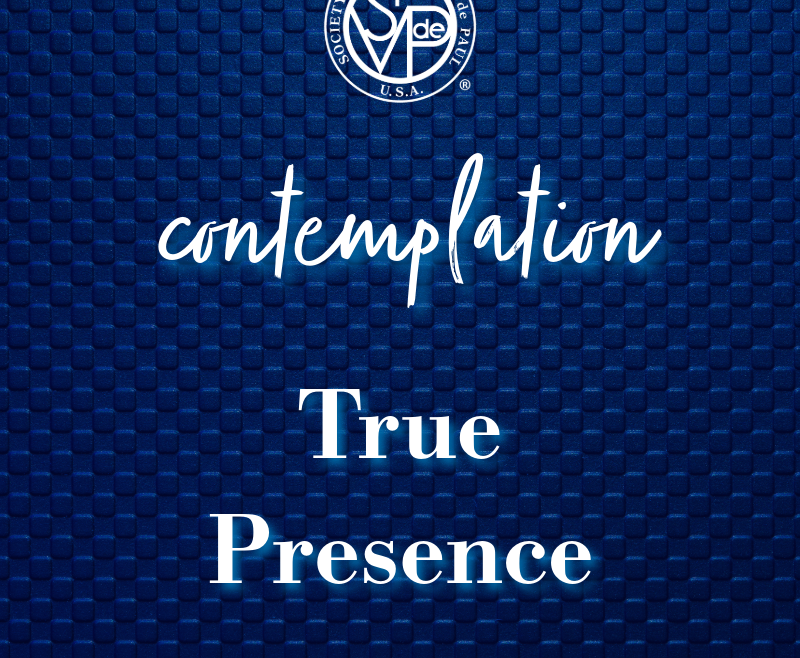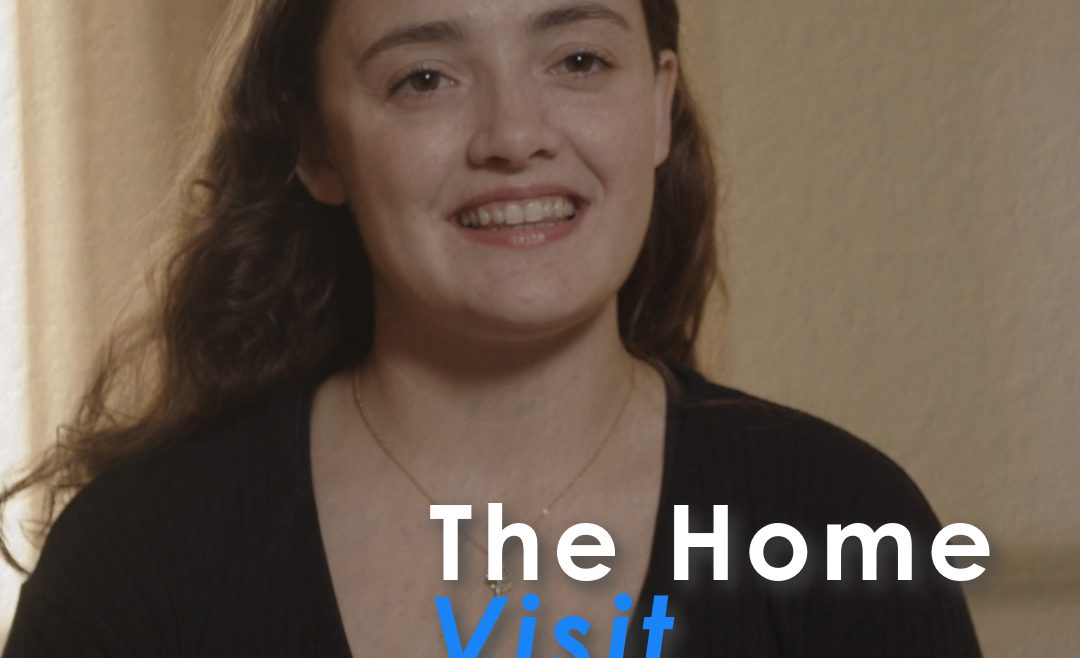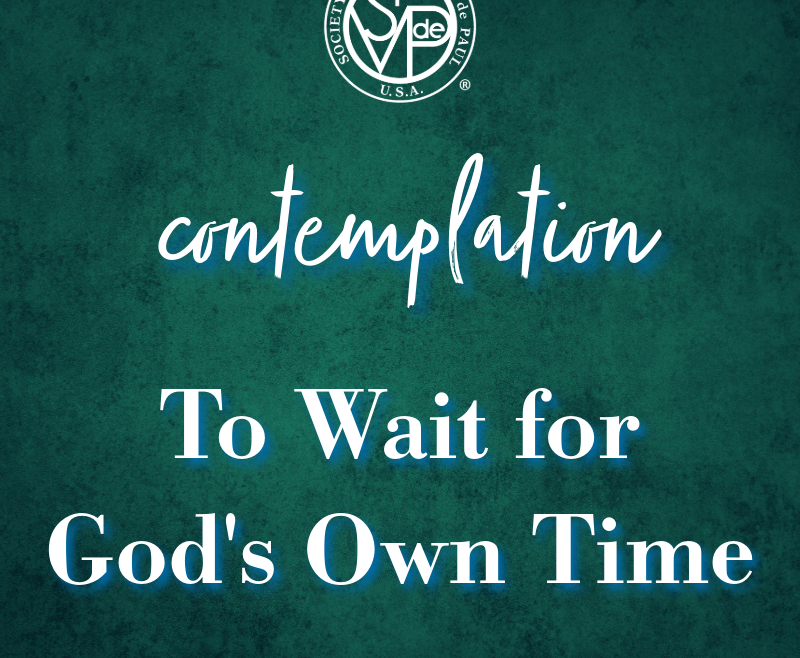A Spiritual Lyft
Do you ever feel like you need a spiritual lift?
Last week, I started my journey of much needed spiritual lifts by spending a phenomenal day with over 300 Vincentians at St. Vincent de Paul Georgia’s Annual Spring to Life Assembly. It was so inspiring to see so many Vincentians coming together to grow closer together in spiritual friendship.
I got a priceless spiritual “lyft” by the method I used to get to the Georgia gathering. I was staying at a nearby Atlanta hotel and got a Lyft ride to the event. When I entered the rideshare vehicle, I said good morning and hello to my driver Linda. I complimented her about her warm welcome, and we started a wonderful conversation.
I asked her if she was from Georgia, and she told me she and her family moved to Atlanta decades ago from up north, and they stayed because they loved it. As our conversation continued, she shared with me that her husband had passed away recently, and that she was driving to make ends meet.
She asked me where I was from, and I told her about Baton Rouge, Louisiana. She asked, “What brings you to our big city?”
I told her I was going to speak at a St. Vincent de Paul meeting, and the entire environment in the car changed with those simple words — a good conversation turned into a priceless encounter. It felt like the Holy Spirit entered the car with us.
Her face lit up with a smile, which served as an incredible testimony of how much our Society had touched her life. She shared that when her family moved to Atlanta many decades ago, times were tough, and the Society was there for her family when they could not pay all the rent.
As our encounter continued, she shared that when she lost her husband, the Society was there again to help her with some expenses that could have put her out on the street. She talked about St. Vincent de Paul and Catholics being phenomenal Christians. She added that St. Vincent de Paul is one group that has a long and distinguished history of service and an organization you can always count on.
Linda then shared with me her faith journey. She was an elder in her Protestant Church and loved to do prison ministry.
I asked her if she would like me to share her story, and what message she would want me to give to those members of the Society at the gathering.
She said, “Yes, please let them know that there is no other charity like St. Vincent de Paul, because of its members. Let them know how they touched my family, and kept hope alive for us during difficult times! Express to them that in our time of need, we knew they were Christians by their love.”
As Vincentians, we live for the blessing of having encounters with our neighbors in need. We all experience these priceless encounters during Home Visits, serving at special works, providing clothing and essentials through our thrift stores, and even Lyft rides.
My week was full of so many special spiritual lifts. After the Georgia assembly, I was blessed to meet and be with the Society’s International Board. It was a spiritual lift to hear how our Society is so active spreading our Vincentian Charism throughout the entire world.
Yes, members of the International Board spoke different languages, but their message was all the same – how we can serve Christ and transform the lives of those we are blessed to serve throughout the world. Many exciting international initiatives were discussed, and some will be led by our National President John Berry.
The week really got exciting with the opening of our National Office in Washington, D.C.. How blessed we were to have His Eminence Cardinal Christophe Pierre, Apostolic Nuncio to the United States of America; our National Spiritual Advisor, Archbishop Andrew E. Bellisario, C.M.; National President John Berry; National Director of Advocacy and Policy, Ingrid Delgado, along with several other leaders, to cut the ribbon to officially open our new D.C. Office!
In my recent visits around the country, so many Vincentians have expressed their excitement to share our millions of encounters with our national leaders through our D.C. office. Encounters that allowed us to respond and see the true state of the less fortunate in our country.
We have always been a voice for the poor. We bring a special voice that no one else can offer. A voice of the priceless impact we make, the needs we see, and how everything our country does should embrace Christ’s call to “love one another…”
The week concluded with me being blessed to be with our Society’s Richmond Virginia Council. Over 100 Vincentians gathered for a day full of growing together spiritually — an uplifting way to end my journey!
As Lent begins to wind down during Holy Week, we all have an opportunity to reflect on all the blessings in our lives. Think about all the “love one another” encounters we have had with those in need and the encounters we have had with our fellow Vincentians — all spiritual lifts that are blessings beyond measure.
I want to tell each one of you who live our Vincentian way of life, thank you for lifting me up and for being a blessing in my life.
There are 52 weeks in the year, but only one is called Holy Week. I pray that you and your family feel Christ’s love this coming week and throughout the entire Easter Season.
Sincerely yours in Christ’s Love,
Michael J. Acaldo
National CEO


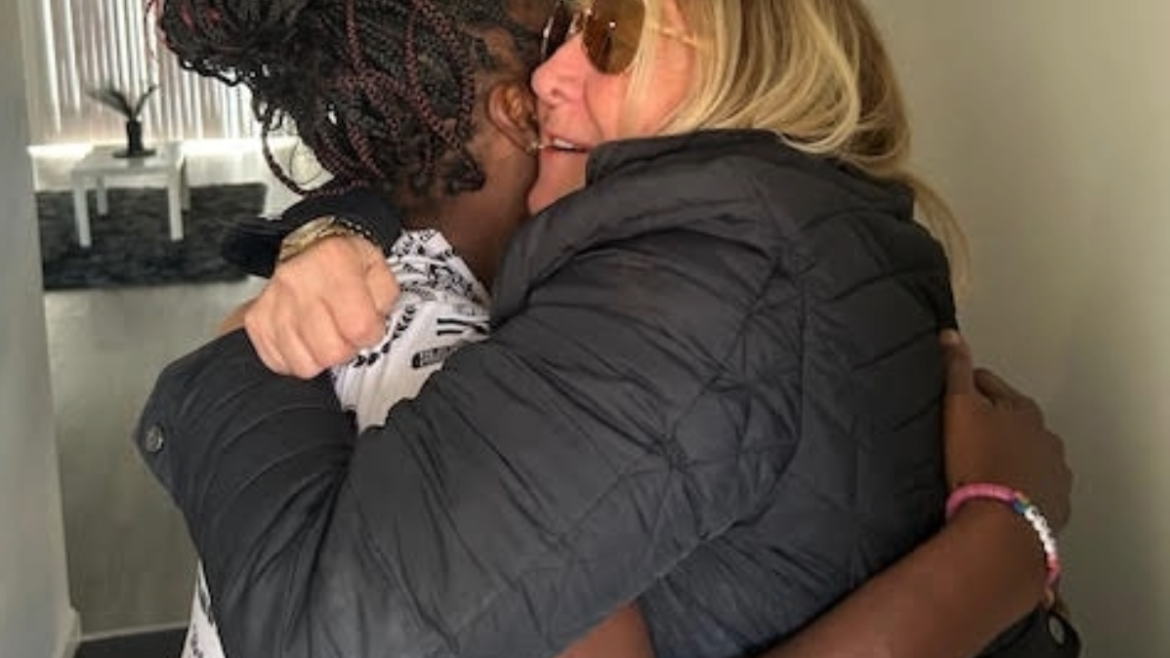
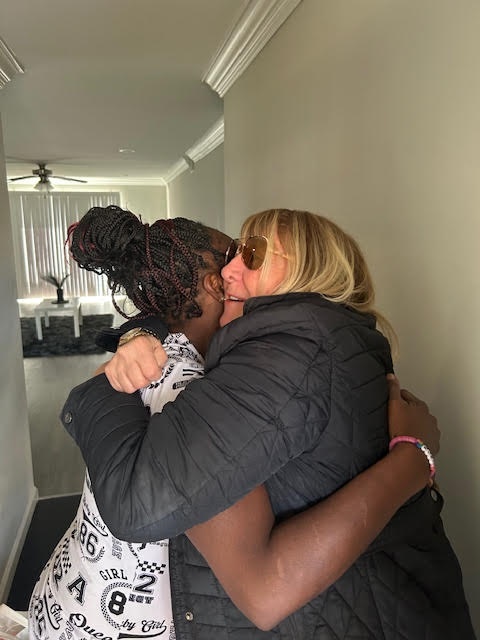
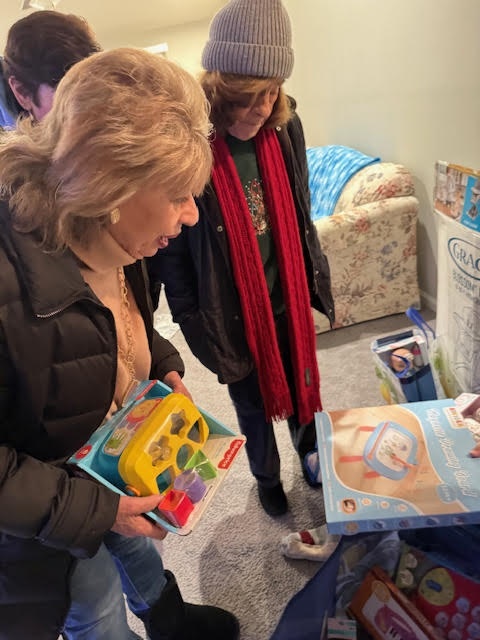
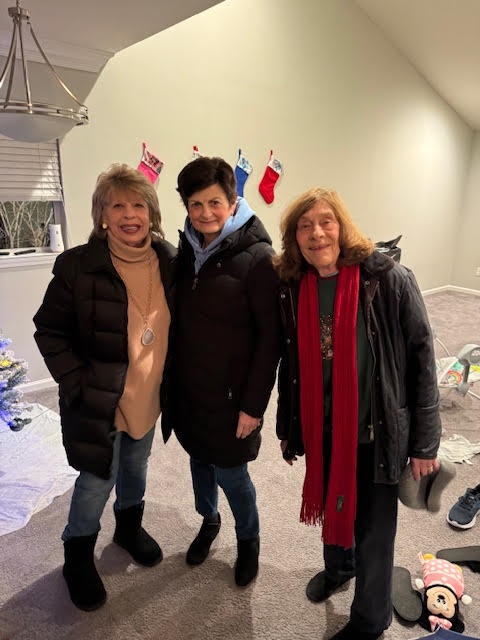
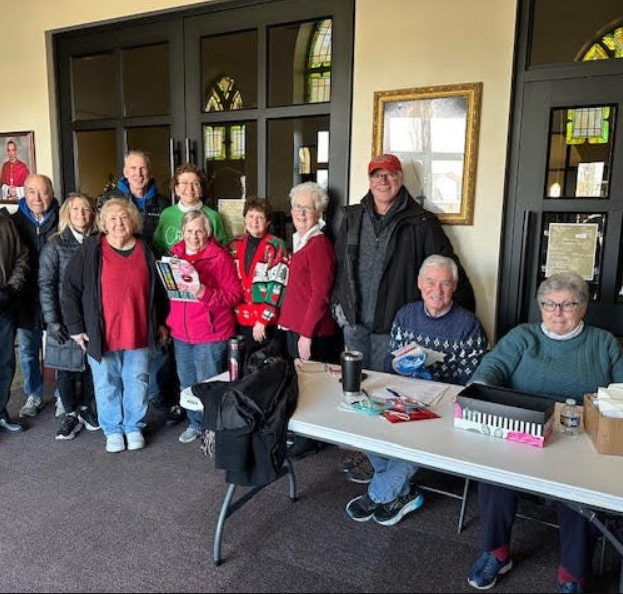
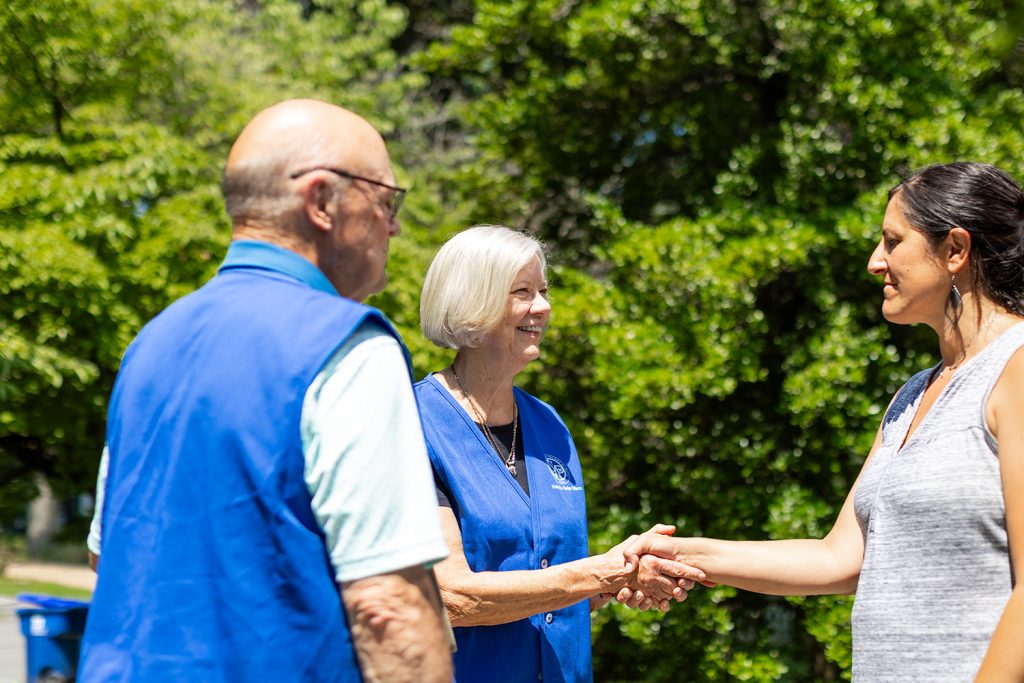 Today, it works like this: Local conferences operate a hotline that neighbors in need may call. After a neighbor leaves their information on their voicemail, a Vincentian follows up for more details. In many cases, the local conference arranges a visit to the caller’s home to learn more about their situation and how they might help.
Today, it works like this: Local conferences operate a hotline that neighbors in need may call. After a neighbor leaves their information on their voicemail, a Vincentian follows up for more details. In many cases, the local conference arranges a visit to the caller’s home to learn more about their situation and how they might help.